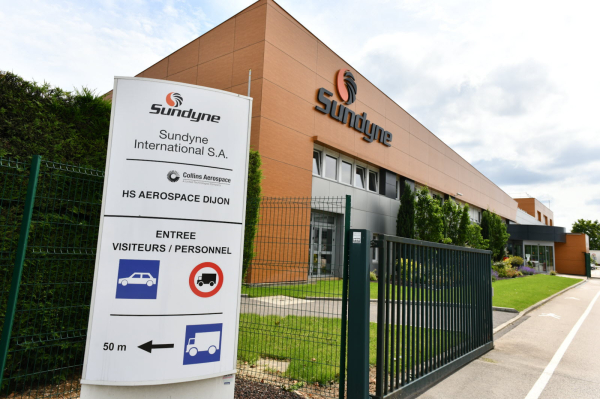
Criminal justice systems across Europe are overburdened by heavy caseloads, court delays, and backlogs (Photo: Peter Teffer)
After Fiqiri was arrested for driving a vehicle without a licence, he was persuaded to plead guilty to avoid a potential jail sentence if the case went to court. “They didn’t tell me anything, just left me in a cell for 72 hours. For no reason. They left me without work, my kids starving, no money for rent. The prosecutor said, “Come sign here.” I did and that’s it,” explained Fiqiri.
The ‘vehicle’ in question was a tricycle that Fiqiri used to collect trash to sell. As it happens, there is no requirement for a licence for this kind of vehicle in Tirana, Albania where Fiqiri lives – he had plead guilty to something that was not even an offence.
Lawyer Dorian Matlija from Res Publica said: “Fiqiri was not able to read the agreement. He’s practically illiterate. And he was not able to understand what was in the agreement, but he was forced to sign it.”
Fiqiri is not alone in giving up his right to a trial. Almost half of prosecuted cases in Europe are processed outside the framework of a trial. And new research from Fair Trials shows that many people, like Fiqiri, will have been coerced into pleading guilty, in some cases for crimes they did not commit.
Criminal justice systems across Europe are overburdened by heavy caseloads, court delays and backlogs. Excessively lengthy proceedings remain one of the primary grounds for complaint to the European Court of Human Rights.
Trial waiver systems were chosen as the star policy measure to solve the problem and process cases more quickly and efficiently.
People who are accused of crimes are given the opportunity to plead guilty and waive their right to a trial (where evidence is discussed and challenged) in return for some purported benefit. This may be, for example, a reduced fine or a shorter sentence than they could potentially receive if they went to court and were found guilty.
It is seen as a win-win for all concerned: the accused gets a lesser punishment, victims and witnesses don’t have to go to court, and the state saves time and money.
This last reason is why we have seen an explosion in the use of trial waiver systems in recent years. Trial waiver systems are considered a cost-effective way of dealing with problems in criminal justice systems.
Our recent report calls into question this assumption but more importantly shows that trial waiver systems are harmful to justice and fairness.
The strive for efficiency has become the main driver of change for modern criminal justice systems, with limited regards to the fundamental rights of accused people and the rule of law.
Trial-waiver systems may increase the rate of miscarriages of justice with innocent people admitting guilt for practical reasons. Instead of relieving justice systems, they may have the counterproductive effect of widening the criminal justice net by creating room to feed more cases and people (innocent or not) into the system, including into European prisons. This contributes to the wider prison overcrowding crisis in Europe.
Guilty, innocent – or just fast?
People plead guilty for a number of reasons that are entirely independent from the merits of the case, or their guilt or innocence.
They may fear being detained pretrial for months or years in dreadful conditions. They may fear unavoidable custodial sentences, and lengthy, costly proceedings that they would be unable to afford and that are insufficiently covered by legal aid schemes.
They may fear the impact of the proceedings and potentially harsh sentences on their job, business, housing, immigration status and families. Overburdened police forces, prosecutors and even courts may also exert direct pressure on accused persons to waive their fair trial rights to ease their workload.
Research shows that deals and punishment decided behind closed doors are susceptible to bias and discrimination, and foster and increase vulnerabilities and social exclusion.
As Fiqiri notes, “The prisons are full of poor people like us”. In the US, where plea bargaining is used to resolve 97 percent of cases, Black defendants are 19 percent more likely than white defendants to be offered a plea deal that involves prison for misdemeanour marijuana cases.
States have made a policy choice to promote trial waivers as a simple way to address overburdened criminal justice systems.
This has proved to be the wrong choice. It’s now time for states to consider other solutions such as decriminalisation and diverting cases out of the reach of criminal punishment. But their primary goal should be justice not efficiency.
Source: euobserver.com



